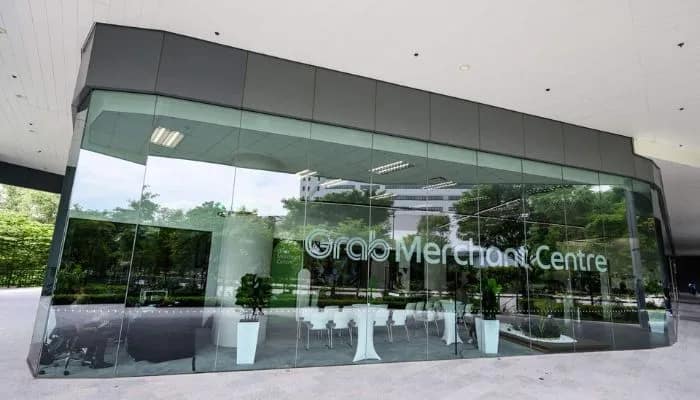Singapore – Mindshare, the media services company that is part of GroupM and WPP, and sustainability platform decarbonising media and advertising Scope3 joined forces to create a bespoke emissions scorecard that helps clients understand the carbon emissions of their digital media campaigns.
The new ‘Mindshare Emissions Dashboard’ will allow Mindshare’s clients to gain near-real-time carbon emissions insight into their digital media activity at both a macro and micro level. It will enable marketers to make informed decisions on balancing the need for greener media with the need for positive business outcomes.
Additionally, the emissions dashboard is also created as part of Mindshare’s ‘Report, Reduce, Remove Initiative,’ which aims to optimise investment for greener choices across the media supply chain while ensuring minimal disruption to business needs. It is expected to report emissions from digital media activity, pioneering emissions reporting tools for brands.
Mindshare has been working with Scope3 to fine-tune the dashboard to ensure that they can put into practice their reduction efforts without compromising on performance.
The creation of the new emissions dashboard comes as the media services company upholds its responsibility to address the impact of its digital media on the environment.
Dhruv Menon, director at Mindshare, said, “By giving marketers a 360-degree view of the carbon impact of their digital media activity, the dashboard enables change-making conversations and discussions with advertising and publisher partners. More importantly, it will also empower media practitioners to make sustainable media buying choices with the goal of eventually reducing 50% of all digital emissions by 2030.”
June Cheung, head of JAPAC at Scope3, also noted that the collaboration with Mindshare to create the Emissions Scorecard was a great example of how Scope3’s emissions data can be harnessed to drive meaningful change.
She shared, “Scope3 emissions data pinpoints exactly where marketers can take simple, yet meaningful, actions to reduce the carbon footprint of their digital advertising. It simultaneously helps the industry more clearly see and defund waste across the ad ecosystem. This type of industry-wide change is only possible if marketers have the tools that allow them to make informed decisions. By being able to access emissions data directly alongside campaign data, like the Mindshare Emissions Dashboard, sustainability is no longer an afterthought; it becomes a valuable lever for improving campaigns.”










